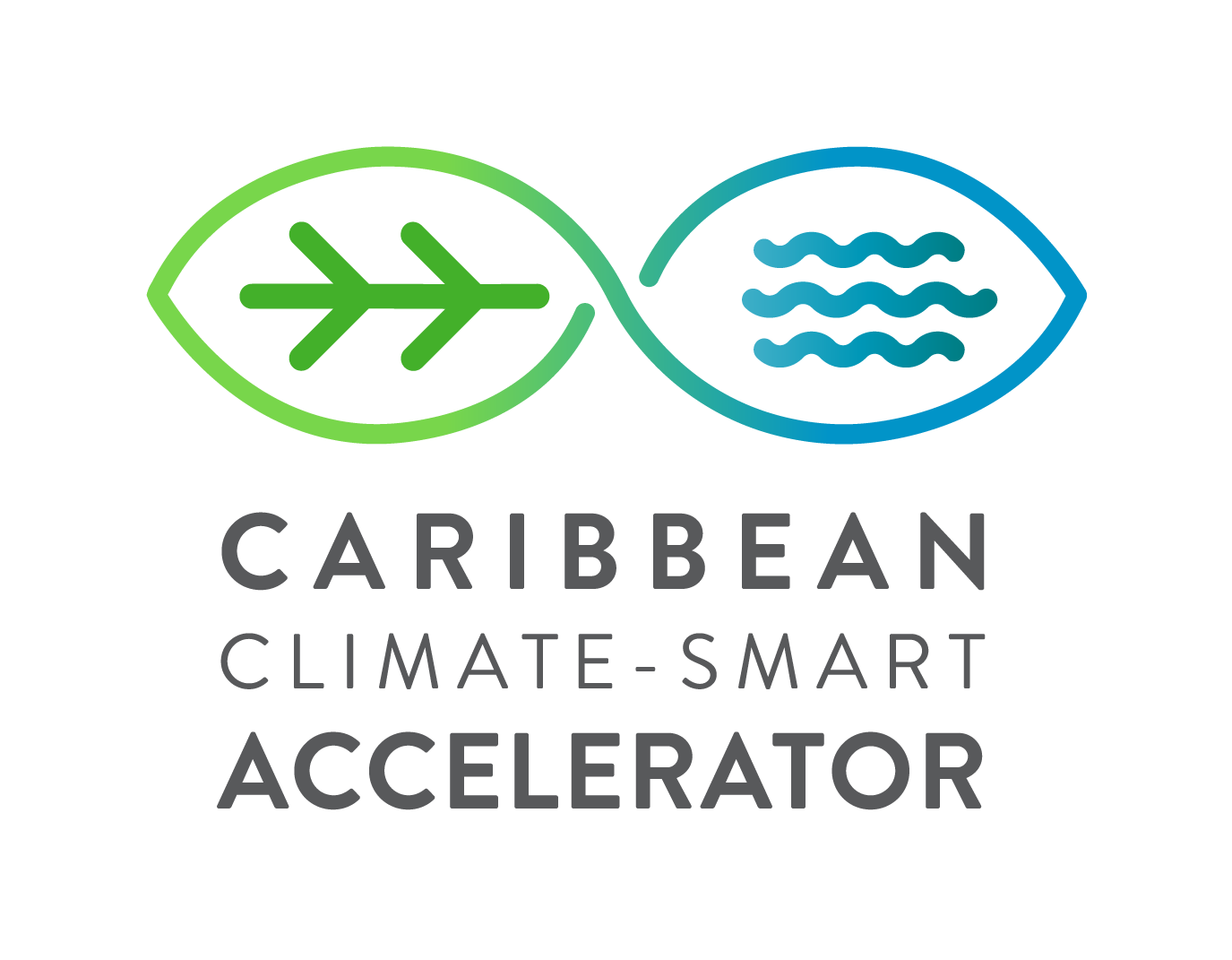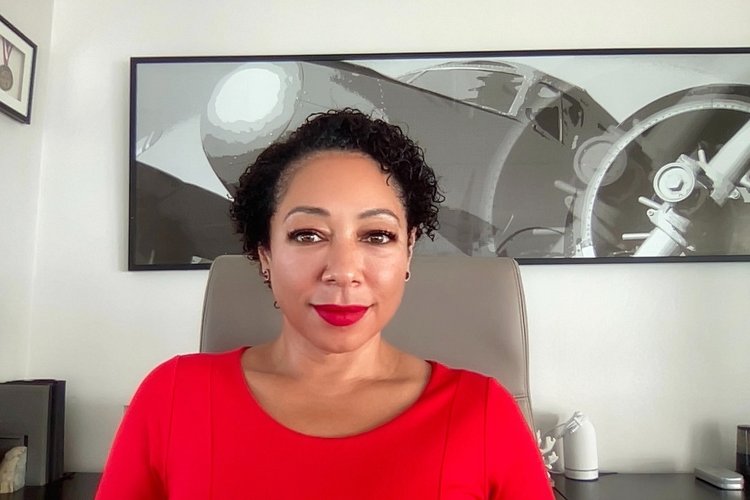 Racquel Moses, UNFCCC Global Ambassador; Chief Executive Officer
Racquel Moses, UNFCCC Global Ambassador; Chief Executive Officer
I’m sure it’s pretty clear to you and if not it should be that climate change is the challenge of this generation. But in many ways it seems like A Tale of Two Cities it was the best of times it was the worst of times. It’s the best of times because we’re seeing unprecedented activism lead by young people like you. Greta Thunberg, Vanessa Nakate and our own Pryanka Lala blazing an international trail of action against the ravages of climate change and drawing attention to the work that needs to be done. It’s the worst of times in that we’re still heading towards warming of over 2 degrees which for Caribbean islands and nationals simply won’t work to preserve many of our lives and livelihoods. But today I want to share with you that there is great reason for optimism but not optimism for the sake of optimism but optimism underwritten by action that I will ask you to take.
There is a lot being said about personal accountability and what we must all do, preserve, cause as little damage as possible, recycle, only use what we need, eat less meat, walk more drive less, essentially live healthier lifestyles to be in greater harmony with the planet. Isn’t it ironic that the planet wants to be healthy but wants us to be healthy too. However no matter how much we do as individuals there are times when that individual responsibility is a bit of a smokescreen. Humans can and should as individuals do all that we can including changing our lifestyles, especially in voting not only at the ballot for candidates that support climate action in the short and long term but also voting with our dollars. How environmentally friendly are the businesses that we are supporting. I encourage you to take that into consideration when buying products and look past the marketing hype to research and find what companies are actually doing. Also take this into consideration when you enter the job market, how much are your potential employers doing about climate and how much are they willing to do? Even if they aren’t doing much, maybe that’s why they need you. Even if we do all that we can as individuals there is still a greater responsibility at the corporate and national level to lead ethical companies with good governance paying close attention to the Environmental Social and Governance or ESG parameters of their companies and for local and national governments to create a policy environment that protects us long term regardless of the election cycles. They, the companies, will do what they are required to do either by the people that buy their products and services and the governments will do what is required of them by a majority of their voters. That’s just how it is.
The challenge is that in many instances everyone is waiting on someone else to make the first move. We see it when countries declare their nationally determined contributions or NDCs. Those are the objectives that they set out when world leaders meet to determine what they plan to do about climate change. Each country says well, I’ll cut my emissions by this much but someone else has to do more. One large country tries to hold another large country accountable to cut their emissions now especially from the use of coal etc., one says that the other historically emitted more and they haven’t emitted their fill per capita and haven’t gotten the benefit that the first one had from the industrial revolution and so it goes. Sounds a bit silly doesn’t it but when elephants fight the grass gets trampled, and guess what, we’re the grass. So what does that mean for you and what I’m asking of you today. Well it means that your future work is more important than it’s ever been, you’re going to need to don your super hero cape and realize that the old adage what gets measured gets done has never been more real than it is now. You have the responsibly to provide the information that can help transform the way we do business and you have to provide that guidance. I know it’s an incredible responsibility, one that may seem daunting but it’s critical at this time and we need a few good women and men, willing to serve in that capacity as stewards of not only companies but of the planet too.
The organisations of today need you, to help them understand both the immediate impact but the long term impact of their business models.
-
Risk – They need to understand the risks associated with short sighted business practices, and they need to understand the risk and exposure that they face in that regard.
-
Governance – They need to have not good but great governance as ethical practices now have a wider purview.
-
Insights – They need insights on market trends driven by the numbers that can help them understand that they need to pivot to more sustainable business practices not later but now.
-
Sustainability – They need integrated thinking to help them take into consideration the big picture for the organisation for the long term factoring environmental and societal impacts.
-
Expertise – advice from experts who have put in the blood sweat and tears to emerge with an excellent education from a trusted source that everyone can be proud of.
I remember my 1st degree commencement. Truth be told I didn’t feel that emotional about it, it for me was a right of passage. But the commencement keynote said something that broke me into pieces. “Someone prayed for you to get here”. For me it was my grandmother, she prayed for me every day and I miss her just as often. So that’s the promise of my work at the accelerator, that’s the covenant I’ve signed. Her prayers have gotten me here so my work needs to do justice to who she was and what she believed in. I owe her that much and so much more.
So what do we do. At the Caribbean Climate-Smart Accelerator we’re working across the 28 country partners that we have pairing projects with sources of investment so that we can get more climate action in the region. We are prioritizing private sector action because we believe that it can unlock the potential of the region allowing government to focus on policies and the enabling environment. Truth be told, the challenge of climate change isn’t one that we in the Caribbean have caused but it’s one that we have to contend with. The global north through their industrial revolution created this unintended consequence. What they didn’t know then, they certainly know now thus there are no more excuses. But no one is coming to save us, we have to save ourselves. The opportunity that this presents is that we have a chance to create our climate economic revolution. They had their industrial revolution and we will have our climate revolution to transform our economies. Globally trillions of dollars need to be spent to address climate change. In addition to grants and low interest loans at the country level we also need to invest in providing climate solutions so that we can benefit from the action that needs to be taken to fix our planet so that we can use that money to protect ourselves. There are quite a few things that we need to do.
We at the Accelerator focus on the following areas:
Renewable Energy

Renewable Energy A call to action: Gen Z and the Caribbean climate change agenda
Across the region the average implementation of renewable energy is 17% and the aspiration the last time we checked was 57% and by the way I think that’s too low an aspiration. That’s a lot of growth that needs to take place in that industry by the 2030s. These are good places to find future proofed jobs where you can also feel good about what you’re doing. What we’re most excited about is the potential to connect the entire Caribbean in a single energy network and use the geothermal energy in the eastern Caribbean to power green hydrogen development in Trinidad and Tobago together with wind solar and a robust battery network to create a region that’s a net exporter of renewable energy.
Protecting land and ocean
There is momentum towards the protection of 30% of our land and 30% of our ocean to create zones that allow nature to regenerate itself. In our effort to create that protection we’re seeing all kinds of interesting developments between blockchain as a mechanism to keep track of where is protected and how that’s changing using satellite imagery, to intrinsic value instruments where the value of the ecosystem services that nature provides is valued and floated on an exchange to raise money for conservation. We have to protect things like our mangroves and coral reefs as they provide us among other species from adverse weather events. We’re seeing debt for nature swaps and blue bonds which are other exciting instruments to create revenue to fund the action that we need to take. Often when I speak at events like this I highlight that the most surprising part of this work was that there is no lack of will but there is a lack of funding and capacity to make the changes that we know needs to take place. As an example Belize just executed the largest blue bond with CreditSuisse and the nature conservancy raising 364 million dollars for marine conservation.
We are also seeing a lot of new green jobs
Trinidad is looking at manufacturing renewables and coupled with that are also looking at the production of green hydrogen. We’re seeing green entrepreneurship, in St. Lucia there’s one entrepreneur that created a desalination unit that is more environmentally friendly than conventional methods, there are also entrepreneurs around the region transforming sargassum into everything from bio fuels to plastics. There are lots of circular economy jobs which deal with anything to do with recycling, reusing or repairing what we’ve already made. I’ve been having calls daily about the potential to develop food security in the region using climate smart methods. There is a ton we need to do in energy efficiency both at the individual and regional levels, and that just makes common sense, it’ll save us money.

Green Jobs A call to action: Gen Z and the Caribbean climate change agenda
For those of us fighting against climate change it can be frustrating but what I want you to understand is the concept of vulnerability. It’s something through this work that has given me greater empathy, something I must admit I don’t have in great supply. Also patience but that’s another issue. Everyone is vulnerable in one way or another. When I started leading the Accelerator I would get especially frustrated by leaders who wouldn’t make decisions or wouldn’t make what I considered the right decisions. As I mentioned when we talk to people, everyone wants to do the right thing, but they’re accountable to others which often drives their decision making. Well I can’t change that policy because it’ll impact jobs which will upset my voters, I can’t stop using fossil fuels because it’ll upset or board and they’re accountable and vulnerable to the shareholders. Often times it feels as though no one is really in charge. What’s the point of that story. The point is as we go about making these changes know that you have to act and do the right thing, know that forces will try to stop you from doing what you know needs to be done. Know that you’ll be vulnerable in many instances, know that what needs to be done will not be easy. Be a renegade, do the right thing anyway. I’ve been a renegade all my career, I try as much as possible never to think about what I know I must do from the perspective of will this get me fired. It’s been the most liberating but potentially reckless position I’ve taken but I have zero regrets. There will be other jobs, not without blood sweat and tears but never ever sacrifice your integrity, it’s the thing they can’t pay for. There will not however be another planet, or at least not likely a habitable one that we can get to in your lifetime. So find your way to do what you know must be done. From one renegade to another trust me when I tell you in the long term you never regret doing the right thing and you will land on your feet. The changes that we need to see to deliver us to the harmonious future that we all want and can envision will take leadership, diversity, equity and social justice. I believe in this generation I believe in you. This is your time and your time is now.
LINKS
Credit Suisse finances The Nature Conservancy’s Blue Bond for marine conservation for Belize
Green jobs: good for you, for the environment and for the economy







